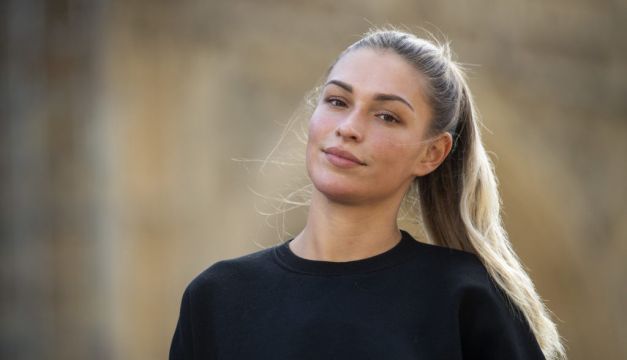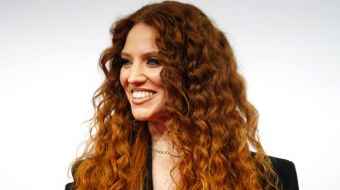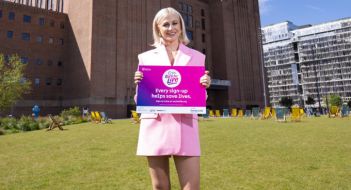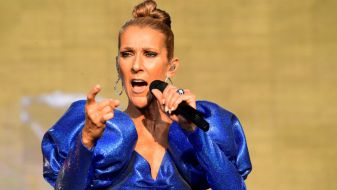Following documentaries exploring revenge porn and rape culture, Zara McDermott is focusing on disordered eating for her third film project.
The influencer and former Love Islander – who worked as a policy advisor for the UK's department of education before taking part in the reality show in 2018 – wants to raise awareness of a growing issue.
According to health charities, disordered eating can look different for everyone, but may include undereating or overeating, excessive exercise, focusing more on appearance, and anxiety around mealtimes, amongst other things.
While McDermott says she hasn’t experienced disordered eating herself, she’s keen to use her platform (she has 1.7 million followers on Instagram) to help anyone who may be affected.
In the film, the 25-year-old talks to people who are living with eating disorders, as well as those in recovery, and shares how she was subject to cruel comments on social media about her body, following her stint on Love Island.
More recently, she realised that talking about her weight loss journey online and posting before and after photos could be triggering for people who struggle with disordered eating.
Ahead of the documentary, airing on the BBC on November 22nd, McDermott reveals what she learned during filming, what she hopes viewers will take away, and how it’s changed her approach to social media.
Why did you want to make a documentary about disordered eating?
“I really, really wanted to make this film because it’s something that I’m seeing every single day. I’ve made a film on revenge porn, another one on rape culture, but this feels like it’s ingrained in everyone in one way or another.
“It just felt so timely and so right.”
What surprised you most while making the film?
“I was surprised and taken aback every single day and learnt something new. The fact that 85 per cent of those with an eating disorder are not underweight – that was a statistic that shocked me. I think we have this perception of what an eating disorder looks like, and actually, it’s completely different.
“Another thing that shocked me is this notion of control and the fact that eating disorders often come hand in hand with another illness, such as depression or anxiety – they don’t come alone.”
What was the most moving aspect for you?
“I learned eating disorders are extremely isolating. It’s like having someone on your shoulder trying to pull you away from everyone. And that voice is telling you what you’re doing is OK.
“Until you’ve had that experience of really sitting and listening, it’s a hard thing to understand. And I’m only just getting to grips with it.
“That’s how I see it – like a best friend and an enemy on that person’s shoulder all the time. And it really makes you realise how isolating these illnesses are – and they really are an illness.”
How has what you learned changed your approach to social media?
“You know, I look back at my social media, especially [what I was posting] a few years ago, and I’m like, ‘Oh, my God!’ I was posting like, constant body checks and stuff like that.
“I was younger and I thought it was the coolest thing in the world. But actually, I think it comes from age, experience and learning, and you start to learn what’s actually meaningful and valuable to other people.
“One thing I’ve learned is thinking about when you’re posting, who you’re posting for and why you’re posting, and going through that little mental checklist in your head.
“Am I posting this for myself because I want validation? If I’m doing that, is that really the right thing to post? That’s the mental checklist I go through every day now.”
What do you want to achieve with the documentary?
“Like with any documentary I make, it’s all about starting those conversations, speaking to those around you… because we start to break those stigmas and break down those walls.
“I really hope it’s a conversation starter for parents and their kids, teachers and their students. That really is the main thing for me, because the first step to healing, especially in our society, is talking.”







